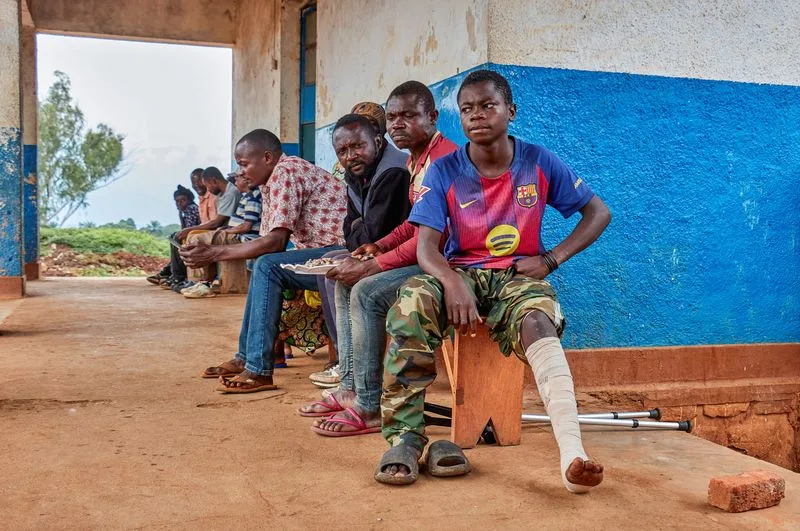
The International Monetary Fund (IMF) is set to review Ghana’s $3 billion rescue loan program this Friday, paving the way for a crucial $600 million disbursement if approved. This follows Ghana’s recent success in restructuring $5.4 billion of official creditor debt, a key hurdle in accessing the second tranche of IMF funding.
“Board sign-off of the review would unlock a $600 million disbursement,” confirmed an IMF spokesperson via email on Monday. Such approvals are often formalities once a meeting date is set, and Reuters sources familiar with the matter corroborated the Friday timeline.
Last week, Ghana struck a critical deal with bilateral lenders like China and France, clearing the path for further financial assistance. This agreement followed Ghana’s default on most external debt in December 2022 due to skyrocketing servicing costs. Further debt relief negotiations with private bondholders holding roughly $13 billion remain ongoing.
Ghana’s international bonds responded positively to the debt restructuring progress, particularly the 2042 maturity which climbed its highest since early November. Chinese Foreign Ministry spokesperson Mao Ning attributed this progress to China’s recent efforts in facilitating consensus on the settlement plan.
However, some official creditors co-chaired by China and France are still finalizing internal procedures before committing fully. Ghana is aiming for a comprehensive restructuring of $20 billion of its $30 billion external debt under the G20’s Common Framework, seeking to reduce payments by $10.5 billion between 2023 and 2026.
The potential release of the IMF’s second tranche would trigger an additional $550 million from the World Bank, as reported by Ghana’s finance ministry. This influx of funds represents a critical lifeline for the cocoa, gold, and oil-producing nation as it attempts to navigate fiscal challenges and stabilize its economy.
With the IMF review approaching and debt restructuring efforts bearing fruit, Ghana’s financial picture appears to be improving. However, successful negotiations with private bondholders and continued adherence to program targets will be crucial for securing long-term stability.




